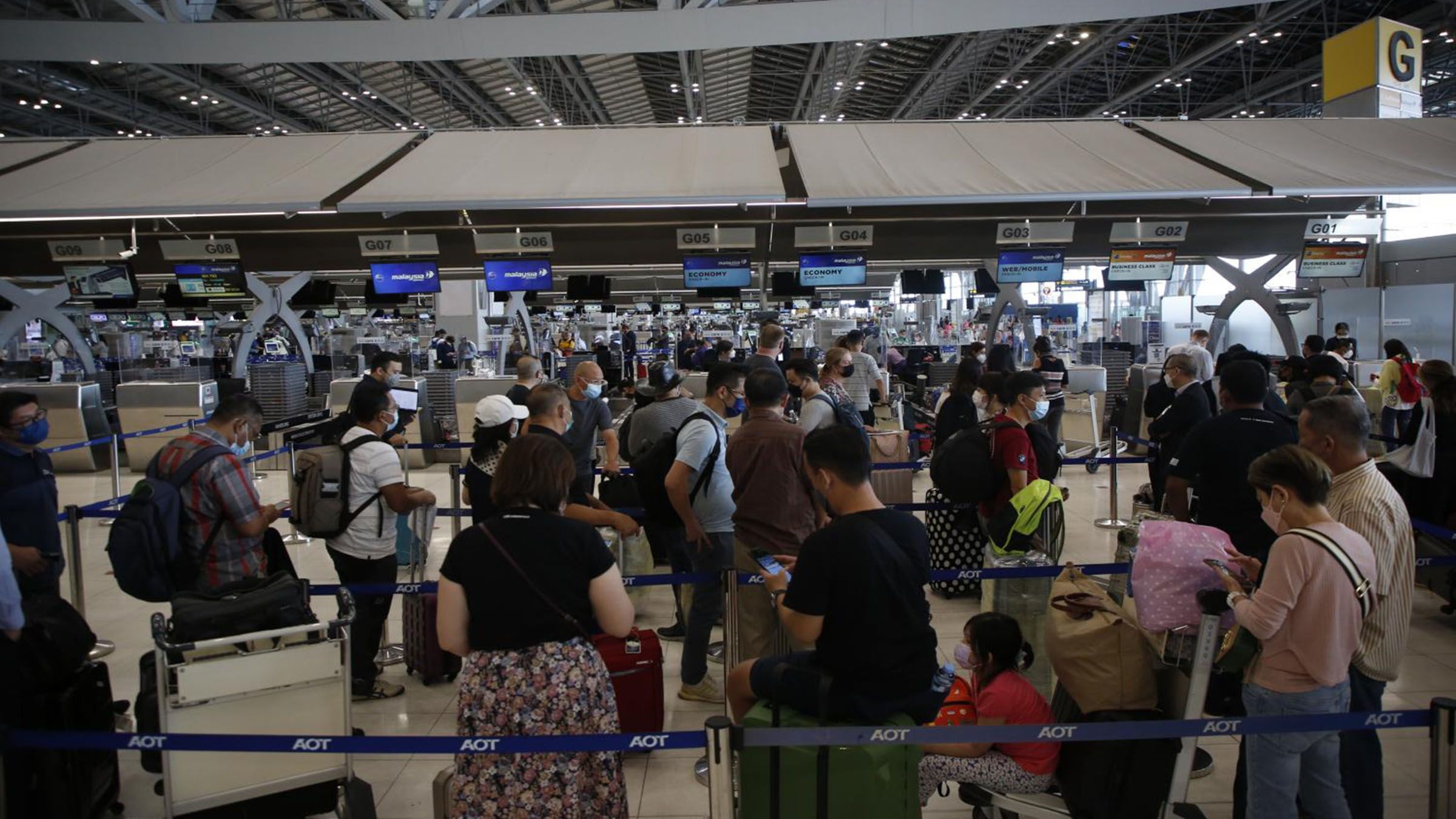Consumer spending in Asia is recovering in travel, entertainment, and retail. Singapore has the highest demand in APAC for international travel. A MasterCard study indicated that working from home and the shift to digital have blurred the lines for consumers when spending.
Mastercard Economics Institute’s Shifting Wallets showed a sharp recovery in outbound travel for Asia Pacific (APAC).
Mastercard Economics said one of its findings is that consumers in the Asia Pacific region continue to spend "strong" amounts on travel and experiences despite "personnel shortages and a surge in crude oil prices,” reported Business Mirror.
The study found that consumer spending in Asia is recovering in travel, entertainment, and retail, with pre-pandemic retail spending at 1.5 times current levels as of June 2022.
Based on the survey, Singapore has the highest demand in APAC for international travel, with consumer flight bookings over 10 percent higher than 2019 as of June this year, despite increased logistical challenges and price pressures.
Short-haul flight reservations are up 155 percent and long-haul travel bookings are up 92 percent in Australia in August 2022 compared to August 2019.
David Mann, chief economist of Mastercard AP and MEA said, “consumers in Asia Pacific are looking to make up for lost time after a challenging few year.”
Mann cited revenge travel that is boosting demand among consumers.
“The pent-up demand to see new places and experience new things is influencing consumer spend in a big way. With the ongoing prioritization of getaways, dining, entertainment, and experiences, we are expecting to see even more rebound in the travel and entertainment sectors,” Mann added.
Mann emphasized that there had been a change in the location of consumer purchases, noting that this had created new opportunities for online businesses as consumer spending on both goods and experiences "shifts away from the weekends."
“As digital shopping and remote work continue to influence our daily habits, consumers will adjust and re-adjust their spending preferences to match the changing rhythm of our lives,” Mann explained.
With digital shopping, Mastercard noted that while small businesses show gains in online services, “globally, large businesses dramatically outperform smaller ones in the shift to digital—but small online service providers in APAC are still finding ways to thrive.”
Based on the data, small online business services including tutoring, healthcare, and personal care rose in Singapore by more than 3.5 times compared to 2019.
However, the gap between large and small online businesses is “particularly evident” in the retail sector in more developed economies—e-commerce sales for Singapore’s large businesses grew 200 percent versus 59 percent for small online retailers in August 2022 compared to 2019. Likewise, for Australia, Mastercard said large businesses grew 93 percent versus 24 percent for small online businesses.
Mastercard’s study cited that working from home and the shift to digital have blurred the lines in terms of when consumers spend.
“Date night is any night, and leisurely shopping trips are no longer limited to Saturday and Sunday. This has significant staffing and supply chain implications for retailers, restaurants, and other businesses,” it said.
For instance, in “retail-loving” Singapore, “department store spending fell 2.80 percent and 2.46 percent on Fridays and Saturdays respectively, but increased 1.87 percent on Thursdays,” it added.
Tags: #APAC, #travelandrecreation, #experience

